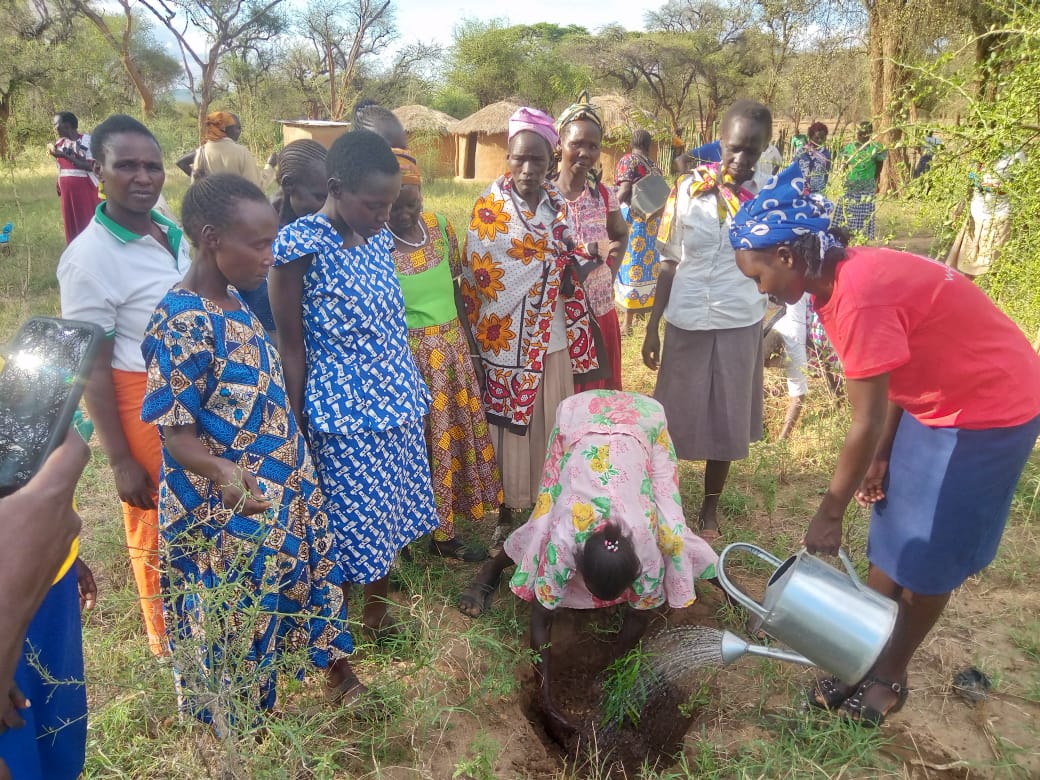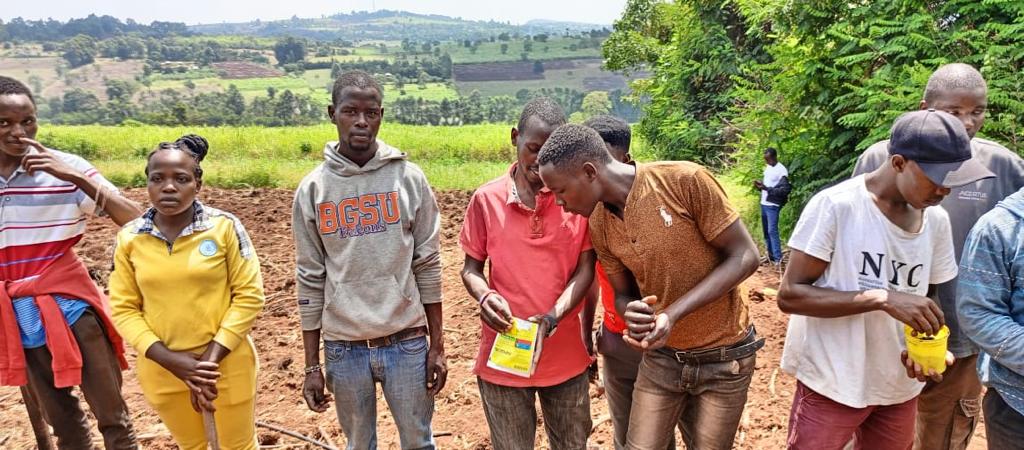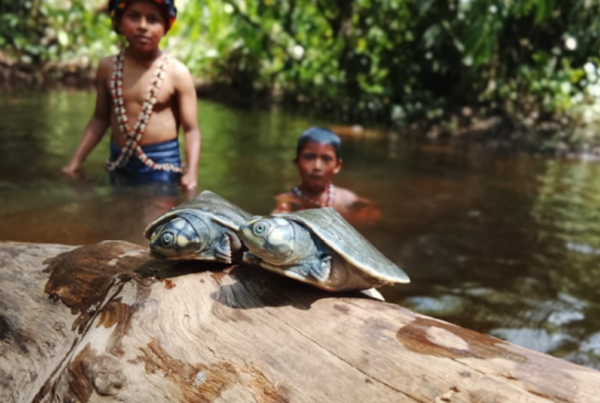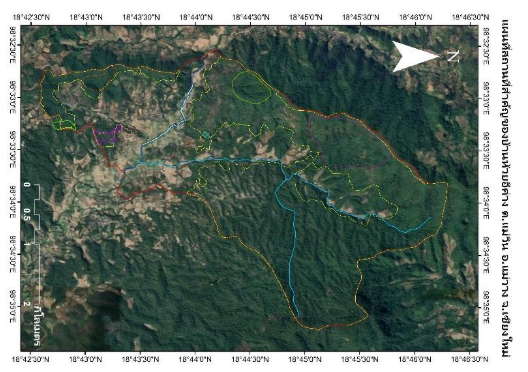The Maasai, Samburu and Pokot are semi nomadic pastoralist communities in Kenya who migrate within semi- arid lowlands to obtain water and pasture for their livestock. Their lifestyle centres around their cattle which constitute their primary source of food, and for them wealth is measured in terms of cattle and children instead of money. They are amongst the few Kenyan tribes who have retained their traditional lifestyle over years.
In Maasai community, food sovereignty relates to the preservation and utilization of traditional knowledge in food production, as well as the autonomy and self-determination of the Maasai people in managing their food systems. The Maasai community has a deep understanding of their local ecosystems and traditional agricultural practices, which have been developed and refined over generations. Food sovereignty in the Maasai community involves the protection of their traditional seeds, plants and livestock breeds which are adapted to the local environment and play an essential role in their food security. It also includes the sustainable use of natural resources such as land and water in a way that maintains the ecological balance and respects the Maasai’s cultural values and traditions.
The Maasai community’s traditional knowledge informs their agricultural practices, including crop rotation, agroforestry and the management of grazing lands. They have an intimate understanding of the interconnections between plants, animals and the environment which allows them to cultivate and maintain diverse and resilient food systems. The knowledge is passed down through oral traditions, rituals and practical experiences within the community.
Type: Article
Region: Africa
Country: Kenya
Theme: Traditional and local knowledge; Sustainable livelihoods; Community-led conservation
Author: Indigenous Information Network
Photos showing the Maasai Community Practicing agroforestry. Photo credits: IIN
In the Samburu community, food sovereignty is closely tied to preservation and application of traditional knowledge in food production and management. The Samburu people have developed a wealth of knowledge and practices over generations that sustainably utilize their local ecosystem and contribute to their food security.
Food sovereignty in the Samburu community encompasses the protection and propagation of indigenous crops, livestock breeds and wild food sources that are adopted to their local environment. The Samburu rely on their traditional knowledge to identify and cultivate drought resistances and breed livestock that thrive in Arid and Semi-arid lands. This knowledge is transmitted through generations orally and it encompasses various agricultural techniques, seeds selection and conservation and livestock management practices. Maintaining food sovereignty enables the Samburu people to assert control over their food production, deciding what crop to cultivate, what animal to rear and how natural resources are utilized. It ensures the availability of culturally significant and nutritious foods, contributing to their well-being and cultural identity.
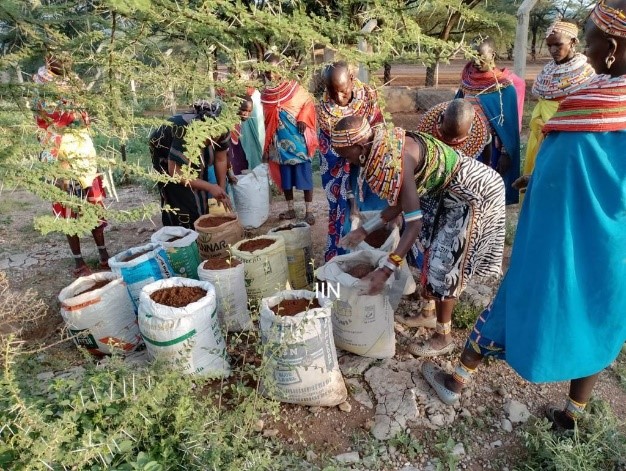
Revitalization of traditional food through sustainable agriculture by Samburu Community. Photo credits: IIN
Food sovereignty in the Pokot community also relies on traditional knowledge and practices that have been developed and honored over generations. In terms of food production, the Pokot have traditionally relied on a combination of crops cultivation and livestock rearing. They have developed specific methods for cultivating crops such as maize, sorghum, millet and beans adapted to their local climate and soil conditions. Traditional techniques such as intercropping, terracing and agroforestry are used to maximize the use of land and conserve soil fertility.
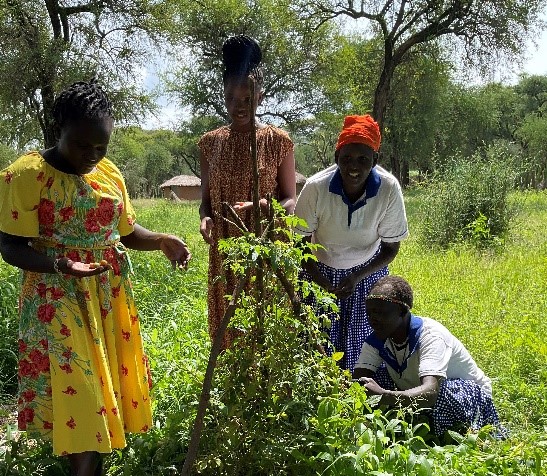
Learning new skills on planting and restoration to achieve food security. Photo credits: IIN
